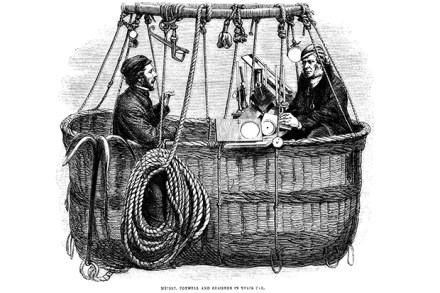An American Wodehouse
Wake Up, Sir! is the latest novel by the American humourist Jonathan Ames; the book first appeared in the States a decade ago, but Ames hasn’t published a novel since, so the title still stands. He has produced a collection of short stories, several volumes of essays and a comic in the interim, as well as creating the HBO comedy series Bored to Death, in which Jason Schwartzman stars as a Brooklyn-based writer turned private detective called… Jonathan Ames. So he’s been busy. But Pushkin Press is to be applauded for bringing Wake Up, Sir! to British readers at last, firstly because Ames is a funny writer and this is





















